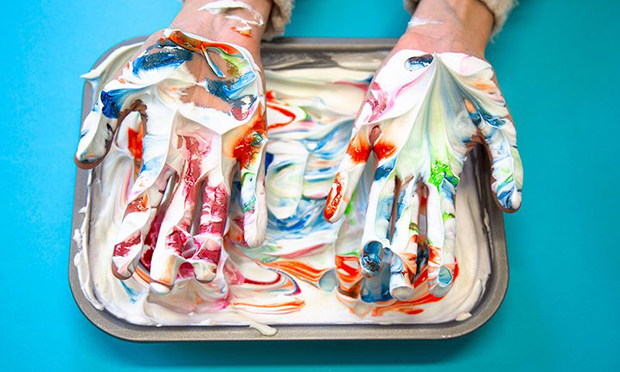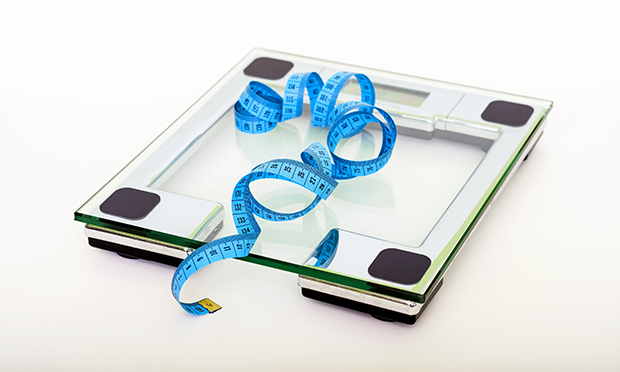Coronavirus: Keeping your secondary-age kids busy and learning at home

Schools across the UK closed their gates on 20 March, and the time since then has been trial-and-error for teachers, school leaders, parents and carers alike.
There are new distance-learning systems to be navigated and routines to be established as we all adjust to this new ‘normal’.
So, if you are in charge of one, or multiple, secondary-age kids at home, how can you keep them busy – and learning – during the school closures?
The good news is that many schools are quickly getting up to speed with online teaching.
Teachers from one school in Hackney have been trialling Microsoft Teams, creating voice-over PowerPoint presentations, and using online services such as Hegarty Maths to set work for their students.
Many other schools are also setting work for their students, so parents just need to encourage and help where possible.
Your child may have been given a timetable to follow, but if not, it’s helpful to establish your own.
Mukith Miah, a trainee teacher and father of four from East Ham, says that creating a sense of routine for his kids has been invaluable: “I knew it was important that we agree on a sleeping time, for example. It’s not an easy task, but we need to step up because of the circumstances we’re in.
“Keep your list [of things you want to achieve] small so it’s realistic and achievable.”
You can find some of the best free online learning resources at the end of this article.
Creative Learning

Photograph: Tate Kids
While it’s important to keep up with ‘book work’, the school closures also represent an opportunity for a different kind of learning.
Teenagers have spent their whole school lives with a teacher standing over them, checking they have done their work and doling out detentions if they haven’t.
But Hibaq Abdule, a newly qualified science teacher from Hackney, says that under the new online-learning system, “kids will have to do a lot more independent work – which is what schools often strive for”.
When the schools re-open, teachers may see a whole generation of students who have grown in maturity and are able to organise themselves without the help of an adult.
If you are a parent or carer – and you have the time – you can encourage your kids to become active, responsible learners by allowing them to lead the learning.
Academically, the pressure is off – especially following the cancellation of Year 11 and Year 13 exams – so you can use this time to help your child explore their interests.
Kate Rooney, a Hackney-based English teacher of five years, suggests that “this is a great time to do more creative projects, developing problem-solving and organisational skills”.
Among the resources Rooney recommends are the Tate Kids website, and Animating Education, which helps parents and children to create their own animations. The introductory course costs £4.50, but it is currently free to NHS and Supermarket staff.
Rooney also suggests that older children can be “encouraged to consume a wider range of media – articles, podcasts, Netflix series – that can provide stimulus for debate or research”.

Image: Pexels
From a maths perspective, kids would really benefit from exploring real-life examples.
Students often struggle with the concept of distance and converting measurements – recognising that a metre is equal to 100 centimetres – so playing around with a tape measure or (for larger distances) a tracking app like Strava could help your child build an understanding of how distances work, which will stand them in good stead when they return to school.
Abdule agrees that now is the time to get creative with learning: “There are so many science experiments you can do at home.”
The obvious one is the baking-soda-plus-vinegar experiment which results in a sort of fizzy explosion, but your kids can also become botanists by taking two plants and putting them under different conditions.
Abdule adds: “We know what plants need, so remove a factor [light, water] from one of your plants and observe what happens.
“For example, put one plant in a room with lots of light, and another plant in the basement or a cupboard. Get your child to measure them each day and see which one is growing the fastest.”
For more ideas, Abdule suggests taking to Google, or looking up a Science Scheme of Work from any exam board and choosing some experiments that are easy to do at home.
But the learning doesn’t need to relate directly to any Scheme of Work.
If your child is interested in art, take them on a virtual tour of the Courtauld Institute of Art.
If they are fascinated by space, get them into NASA’s Kids’ Club, stat.
Let your child lead.
Mental Health

Image: NetClipart
Hopefully, these suggestions – creating a routine, giving your child responsibility, and getting creative with learning – will be useful in the coming weeks.
That said, in this difficult time, the most important thing is that you and your children are as safe and happy as possible.
Don’t put pressure on yourself to create consistently fascinating learning opportunities – nobody is expecting you to become a teacher overnight.
Sometimes, your kid just needs to sit down and do some algebra while you have a cup of tea in peace.
Nadia Shoaib is a trainee teacher and mother of four from Clapham. When asked her how she copes with having her teenagers at home all the time, she said: “I think the key is to have a routine, but not to be inflexible. My kids have to wake up by 8.30, and I still expect them to brush their teeth and get changed.
“However, plans change in terms of when they complete their set school-work.”
Almost everyone is stressed, and kids will inevitably pick that up; Shoaib jokes that her kids “spend most of the day tearing chunks out of each other”.
She says that just being there for them and providing reassurance that things will be fine and life will go back to normal can really help.
It’s worth checking out YoungMinds, a youth mental health charity with some great online advice on mental health in the time of coronavirus – for children and parents alike.
Learning Resources
- BBC Bitesize (All subjects)
- Khan Academy (Various subjects)
- Corbettmaths (Maths practice questions)
- GlobePlayer (Free Shakespeare performances)
- Spotify (Free audiobooks)
Alice Jones is a PGCE Student (Trainee Teacher) in Secondary Maths at London Metropolitan University
